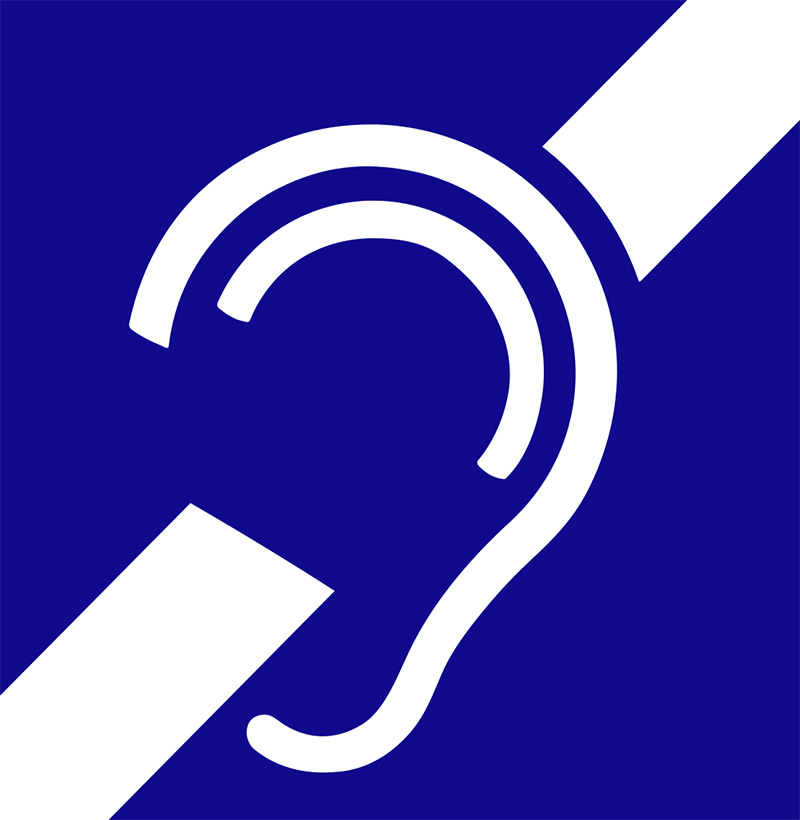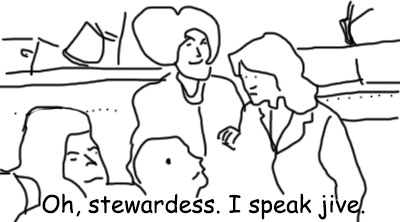
Sometimes, the dictionary definition of a word doesn’t jibe with our preconceptions about its meaning. Or is it “jive?”

No, it’s definitely “jibe.” Welcome to another installment in our series on pairs (and occasionally trios) of words that, whether because of a similar sound, similar spelling, or subtle shades of meaning, are often incorrectly used in place of one another.
Get a free sample proofread and edit for your English document.
Two professional proofreaders will proofread and edit your English document.
Rather appropriately, this time around we’re looking at two sets of words pertaining to uncertainty, deception, and preconceptions.
Jibe vs. Jive vs. Gibe
“Jibe” with a B is an intransitive verb, usually used with the helper preposition “with,” meaning “to agree, confirm, or be in accord,” or on its own to mean “make sense” or “add up.”
Ex. His account of the accident jibed with my memory of events.
The word’s origin is something of a mystery. It’s first given its current sense around 1813 but had been in use as a sailing term for more than a century previous to indicate a violent back-and-forth motion, as of a swinging boom.
“Jive” with a V came along around 1925 (origin again unknown) as African American slang. As a noun, it meant hot swing music, or unserious, idle talk, mumbo-jumbo, or talk calculated to deceive.
Ex. Man, the band is smokin’ tonight! Dig that jumpin’ jive!
Ex. Tell me straight, with none of your hipster jive.
As a verb (either transitive or intransitive), it means “to engage in double-talk or lie (to someone).”
Ex. The late-night deejay could jive away for hours without a script.
Ex. Tom said he’d misplaced the money, but Cheryl knew he was jiving her.
“Jive” can also be an adjective meaning phony or bogus, as in the withering put-down “jive turkey.” (Kids, ask your grandparents.)
There’s something gloriously self-referential about “jive, ”a term for slang that is itself a slang expression, and it’s oddly comforting to know that people started confusing it with “jibe” almost immediately upon its introduction. The confusion is based entirely on sound, as none of the many meanings of “jive” are even close to that of “jibe.” Indeed, they’re nearly opposite; the meanings of “jive” all speak to a fast-and-loose relationship with the truth, while “jibe” has connotations of reliable facts.
And then there’s “gibe,” dating from 1567; it’s unrelated to the other two, probably from a French root meaning “to handle roughly,” which means “to jeer, taunt, or insult with sarcastic words.”
Ex. Inspector Chau frowned; something about this case just wasn’t jibing, and Ricky the Snitch was obviously jiving him. “You’re easily amused, Ricky,” he gibed. “But if someone were to tell Big Tony just who ratted him out, I don’t imagine you’d find it very funny.”
Ambiguous vs. Ambivalent
This is a common error, and it’s easy to see why. Both words are adjectives connoting a state of vagueness, uncertainty, or confusion, and they share the “ambi“ prefix.
“Ambiguous” is first attested in the late fifteenth century. Its Latin stem “ambi,” which is familiar from the word “ambidextrous,” simply means “both.” The body comes from a Latin verb meaning “to lead or act.” Something that is ambiguous, leads you in two (or more) directions at once; an ambiguous statement or image has multiple possible meanings. It is undefined or open to interpretation, usually by design, but ambiguity (the noun form) can be unintentional, as well.
Ex. The ambiguous final image of the movie Inception engendered much debate.
“Ambivalent” is a far newer word, dating only to about 1910. It first appeared in its noun form, “ambivalence.” The back half, “valence,” comes from the hard sciences, where it refers to the power of attraction or bonding, as between molecules; thus the literal meaning of “ambivalent” is roughly “being pulled in two directions at once.” In practice, the adjective refers to having mixed feelings about someone or something, or being unable to choose between two courses of action.
Ex. Both Betty and Veronica are in love with Archie, but he is ambivalent about the prospect of dating either of them exclusively.
The difference between the two words, in a nutshell, is one of cause and effect. Something that creates a state of uncertainty is ambiguous; a person thus made uncertain is ambivalent. A statement or sign is ambiguous; the one who reads it may be made ambivalent.
Ex. Jane gazed at the painting, ambivalent. The ambiguous expression on the model’s face—was it a sneer or a smile?—left her unsure whether she liked the portrait or not.
One thing’s for sure, though: I’ll be back next month with more commonly confused words. If you have any suggestions for word pairs you’d like to see me untangle, let us know in the comments!
Jack F.
Get a free sample proofread and edit for your English document.
Two professional proofreaders will proofread and edit your English document.
Get a free sample proofread and edit for your document.
Two professional proofreaders will proofread and edit your document.
We will get your free sample back in three to six hours!